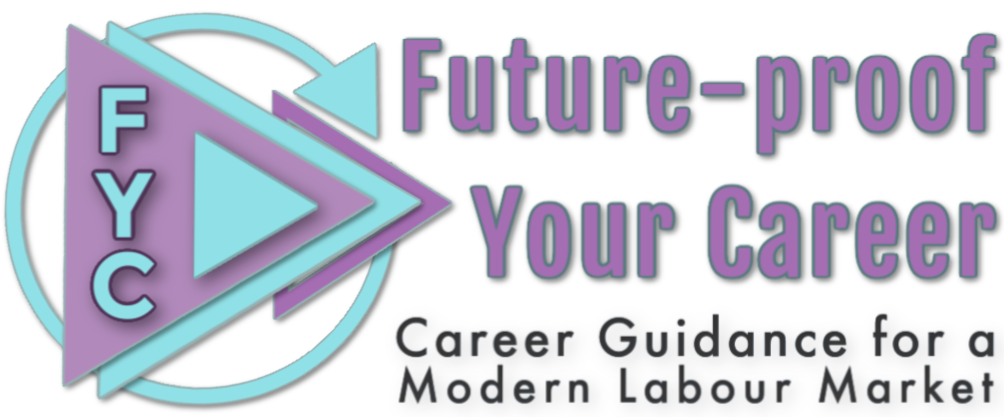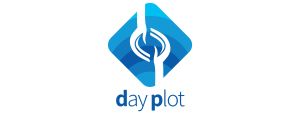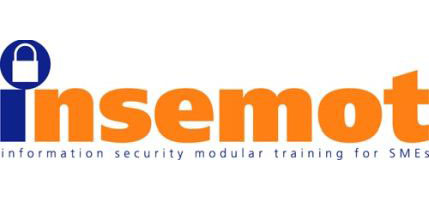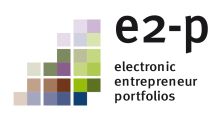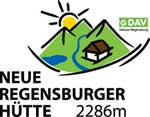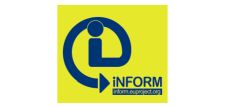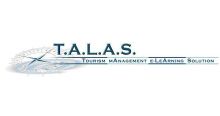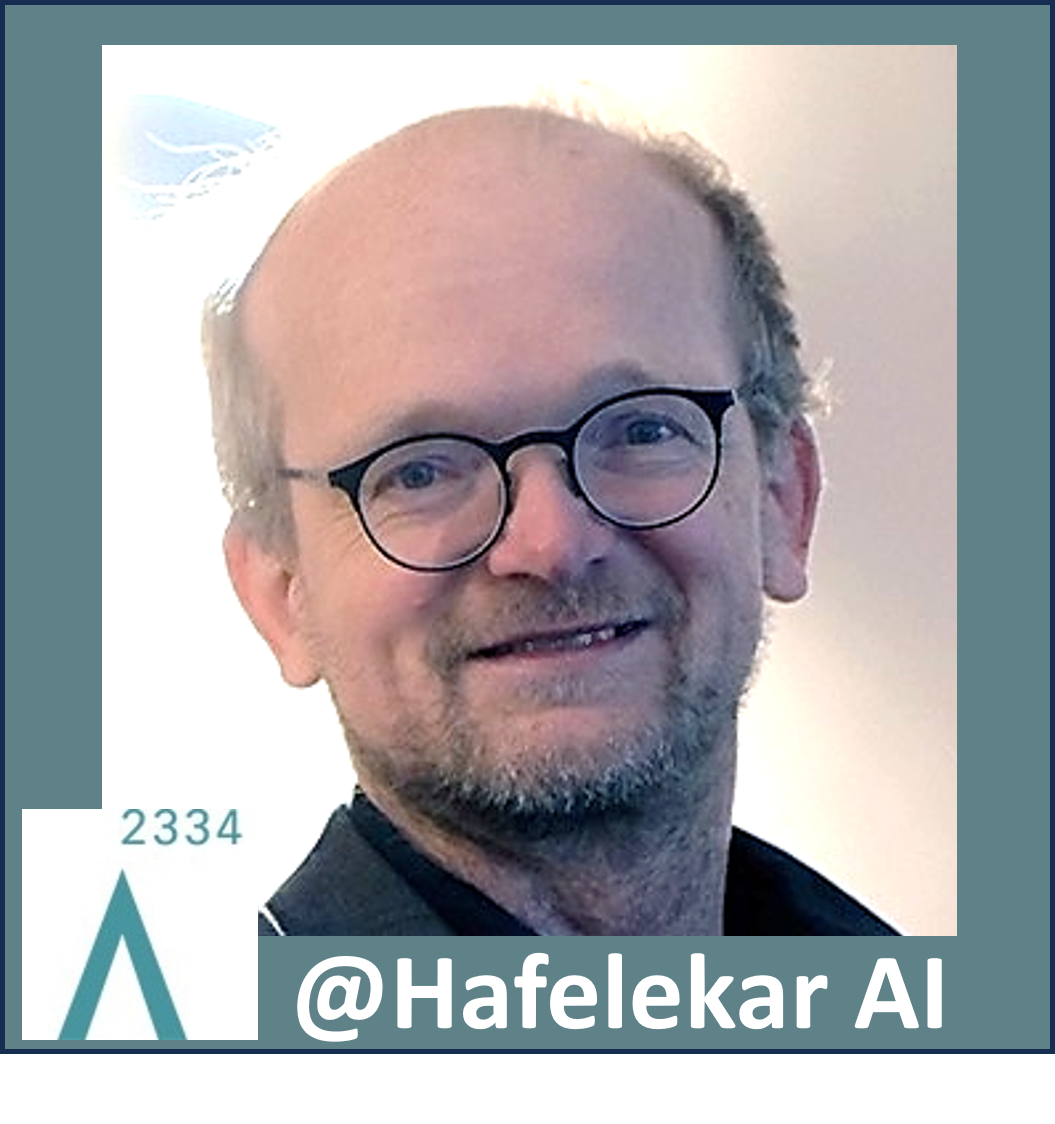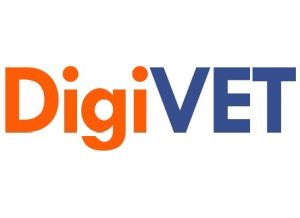
Digital Media for VET in SMEs
Digital media offers a new and effective way to engage employees who have low levels of qualifications in small SMEs in learning. In many countries the formal education level of employees is still weak and migration within and to Europe has led to an inflow of additional learners who lack the levels of language to engage in learning using traditional techniques. Digital media can help to overcome this barrier to learning by using more audio, video and visual material to support learning. However, many VET trainers and SMEs lack the competences needed to use digital media.
The objective of the project is to enhance the use of visual digital media in SMEs, to support the training of employees with low levels of qualifications. This will be done through the development of modular online learning programs about the use of visual digital media. The focus will be on visual material for the field of VET learning and shaped by guiding principles and concepts which were used, implemented and evaluated in Germany by ISOB and ‘SoWiBeFo e.V.’ (e.g. ‘Coaches for Digital Learning’ and ‘Media Pedagogy for Teachers’). The conceptual model for learning and the expertise generated from the projects will be used to develop similar material for VET trainers and facilitators of learning in small SMEs.
Objectives
VET trainers and facilitators in SMEs will acquire competences for digital learning in two steps:
- acquiring basic skills in digital visual media use
- using digital media in training of staff who have low levels of qualifications
A key feature of the project is the provision of support from trained coaches within the partner organizations, who will be available to support in-company trainers and facilitators as they introduce digital learning. In-company facilitators will work with the end recipients (low qualified staff as learners), digital and visual forms of workplace learning.
Final beneficiaries – Low qualified employees and employees with a lack of educational language skillsVisual media as instructional videos make learning independent, allow for repeating the content as needed, and can be designed to promote language proficiency at the same time.
Project Duration
November 2019 to June 2022
Project Partners
- University of Gloucestershire– Coordination
- Hafelekar Unternehmensberatung , Austria
- Mednarodna Fakulteta, Slowenia
- Fundatia Pentru Promovarea, Romania
- ISOB Institut für Sozialwissenschaftliche Beratung, Germany
- Gazi Universitesi, Turkey
- Centro de Formacao Profissional, Portugal

This project has been funded with support from the European Commission. This communication reflects the views only of the author, and the Commission cannot be held responsible for any use which may be made of the information contained therein.


